Boris Johnson’s to-do list: what is waiting for the PM on his return to work?
Packed agenda includes tackling fallout from Covid, Brexit and reopening of schools
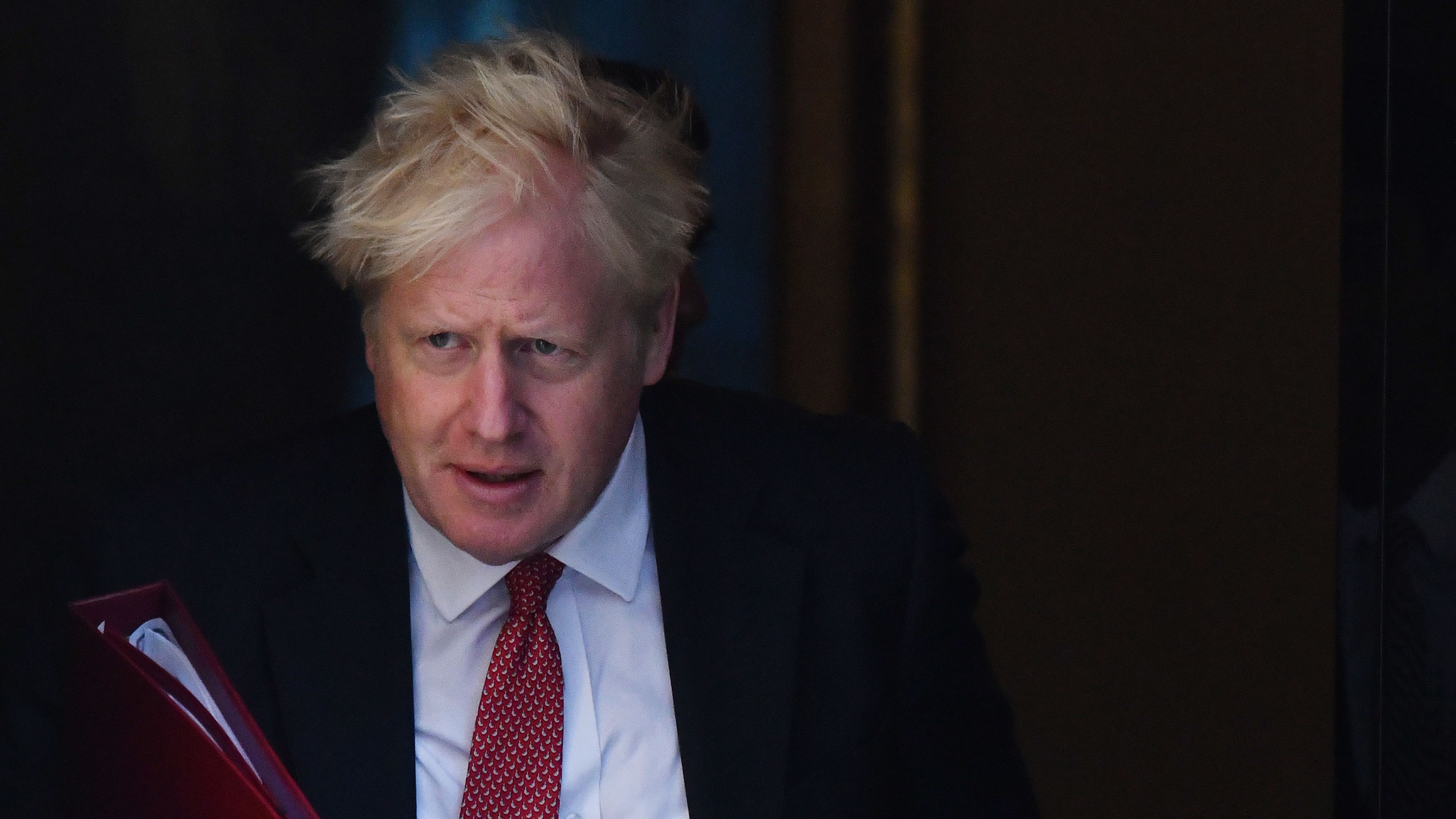
A free daily email with the biggest news stories of the day – and the best features from TheWeek.com
You are now subscribed
Your newsletter sign-up was successful
Even by the standards of the last four years in politics, Boris Johnson has had a busy 2020.
Since winning a landslide election in December, the prime minister has led Britain out of the EU and overseen talks on future trade deals; handled the country’s coronavirus response while personally battling Covid-19 after becoming infected; and had a child with his partner Carrie Symonds.
And as he returns to his desk today after a brief break in Scotland, the flood of major events and crises shows no signs of abating. Here are the most pressing issues on Johnson’s to-do list.
The Week
Escape your echo chamber. Get the facts behind the news, plus analysis from multiple perspectives.

Sign up for The Week's Free Newsletters
From our morning news briefing to a weekly Good News Newsletter, get the best of The Week delivered directly to your inbox.
From our morning news briefing to a weekly Good News Newsletter, get the best of The Week delivered directly to your inbox.
Back to school
Schools in England and Wales are reopening their doors from today, while children in Scotland and Northern Ireland began returning to their classrooms yesterday.
“Downing Street and Education Secretary Gavin Williamson are increasingly bullish that things will go according to plan, despite concerns among teachers and parents,” writes Politico’s London Playbook editor Alex Wickham.
Following last week’s U-turn on face masks in secondary schools, Downing Street will be pulling out the stops to avoid another wobble.
A free daily email with the biggest news stories of the day – and the best features from TheWeek.com
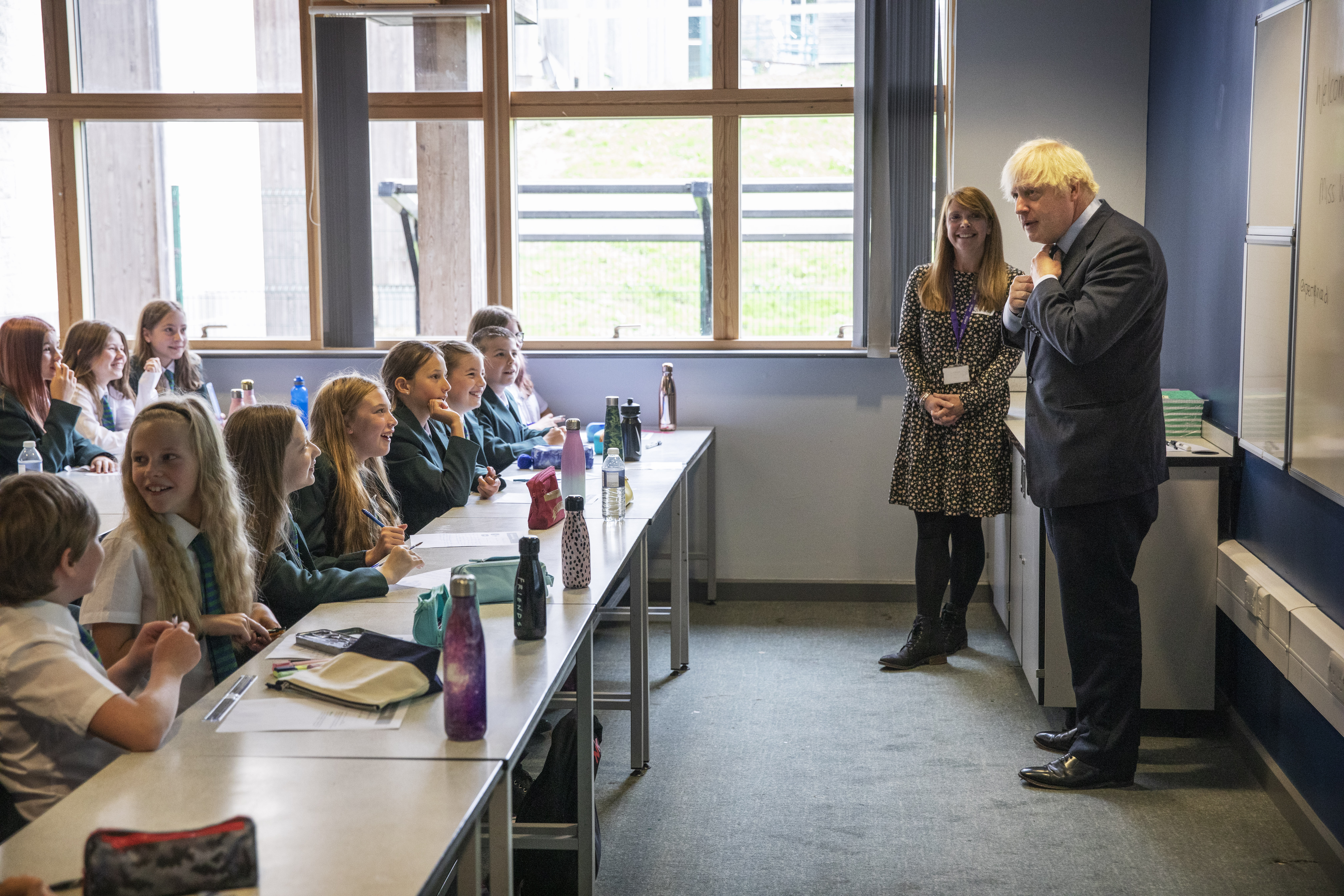
… and back to the office
With children stowed at school, Johnson will also have his sights set on getting workers back into the office.
According to Politico’s Wickham, sources have “cautioned against expecting any big government campaign to urge people back to offices this week”. All the same, reopening offices “has become the first major battleground as Tory MPs head back to Westminster”, he adds.
The issue is being pushed into the spotlight as the government winds down the Coronavirus Job Retention Scheme, which is due to end on 31 October.
Chancellor Rishi Sunak is facing calls from Labour to extend the scheme, and “the continued stand-off between the government, employers, unions and workers over a return to city-centre offices only compounds the chancellor’s woes”, says The Times’ Red Box reporter Patrick Maguire.
Footing the Covid bill
With the job retention scheme set to wrap up, attention is turning to how to pay the sizable bill racked up in tackling the coronavirus crisis. As The Times’ Maguire writes, “with each spending commitment made by Rishi Sunak has come an undertow of anxiety: how will the Treasury pay for it?”
The chancellor has been warned against massive tax hikes, with “Conservative backbenchers argu[ing] they would damage economic recovery”, The Guardian reports. However, the alternative for Johnson is another round of austerity - a move that, as Maguire notes, would “clobber” the Tory voters won from Labour in the December election.
Avoiding a second wave
Talk of opening offices again will only continue for as long as Covid is under control.
But with the UK on Sunday recording the country’s highest daily tally of new cases since 4 June, and the largest for a weekend day since mid-May, ex-government adviser Professor Neil Ferguson has warned that “we don’t have much room for manoeuvre”.
Politico’s Wickham claims that the government’s decision not to call more aggressively for a return to the morning commute is a sign that Downing Street is “erring on the side of caution”, but that view is not shared by a number of Tory MPs.
Former minister Steve Baker told the Daily Mail last week that “if our cities are going to thrive then everyone who can needs to be back in the office”.
He added: “I hope that, as well as getting children back to school, the prime minister will find ways to incentivise employers to get their staff back to work as quickly and safely as possible.”
Johnson has so far dodged a dispute with his party over balancing the fear of a second wave with economic damage. But as Wickham says, “the fight is just beginning”.
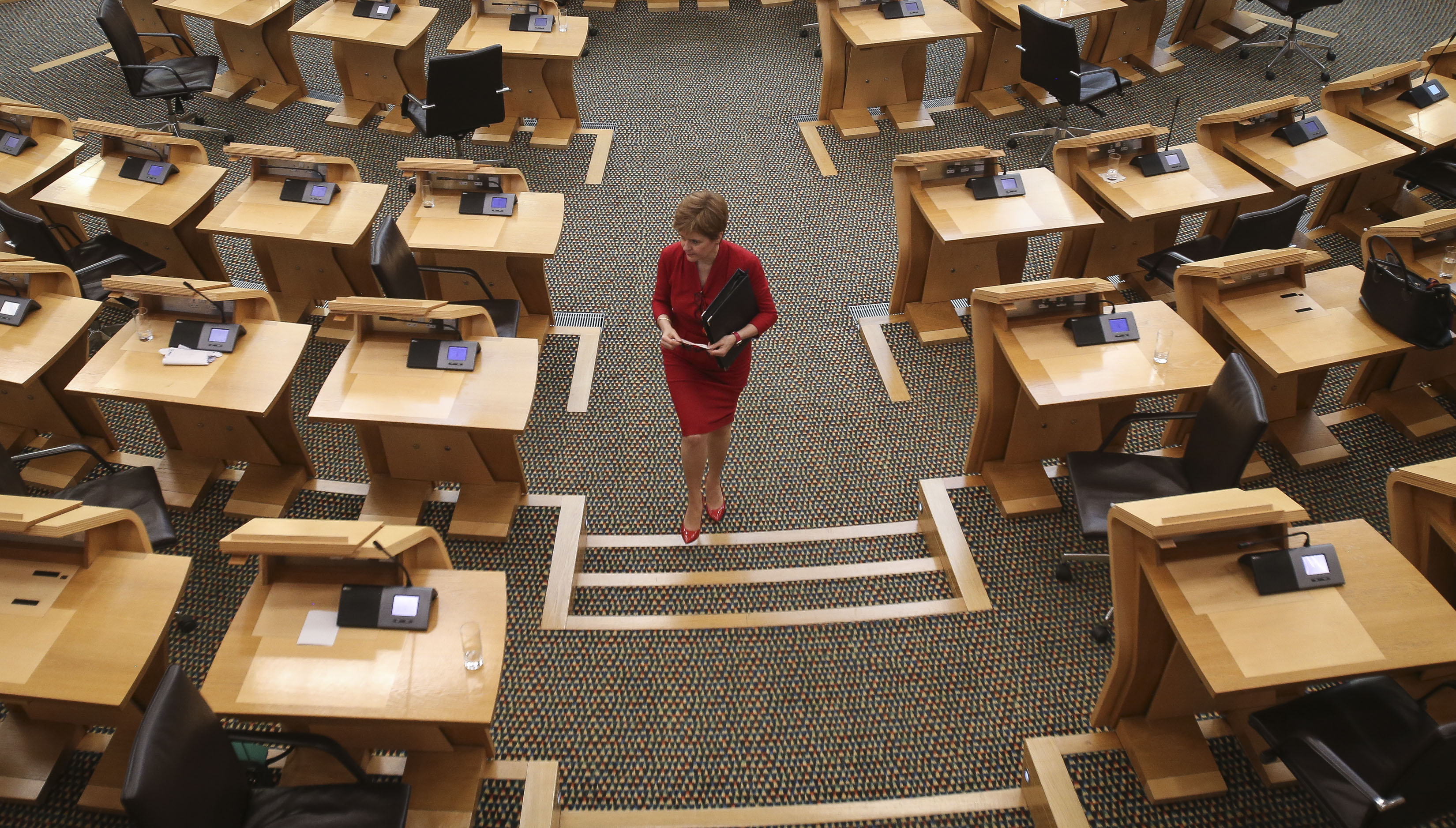
Alba gu brath
“One of the greatest changes in Scotland is that people have grown bored with moaners and naysayers,” Scottish independence campaigner and Trainspotting author Irvine Welsh said in the run-up to the 2014 independence referendum.
Having been given plenty to moan and grumble about since then, Scots appear less keen to back the union if given a say for a second time. YouGov polling in early August saw the “yes” vote on independence leading by 53% to 47%.
And next May will see Scottish parliament elections, with YouGov currently putting the Scottish National Party (SNP) on 57% on the constituency vote and 47% on the list vote.
“Nicola Sturgeon and the SNP seemingly unassailable,” says The Times’ Maguire. “Polls suggest a nationalist landslide and with it, an elusive Holyrood majority that could derail Mr Johnson’s premiership.”
‘Hard rain’ on Whitehall
When Johnson brought right-hand man Dominic Cummings into Downing Street, alarm bells began ringing at Whitehall.
The brains behind the Leave campaign, Cummings has an infamously anti-establishment worldview and has had the civil service in his crosshairs since serving as a policy adviser to Michael Gove in the Department for Education.
The civil service is yet to return to the office in large numbers, a state of play that Johnson will need to amend before calling on the rest of the country to head back into work. But the showdown over Cummings’ proposed reforms will be the real battleground.
The appointment of the Duke of Cambridge’s former private secretary Simon Case as cabinet secretary is seen as “a signal of intent”, says Magurire, who claims that “Johnson’s drive to reform the civil service has accelerated in recent weeks”.
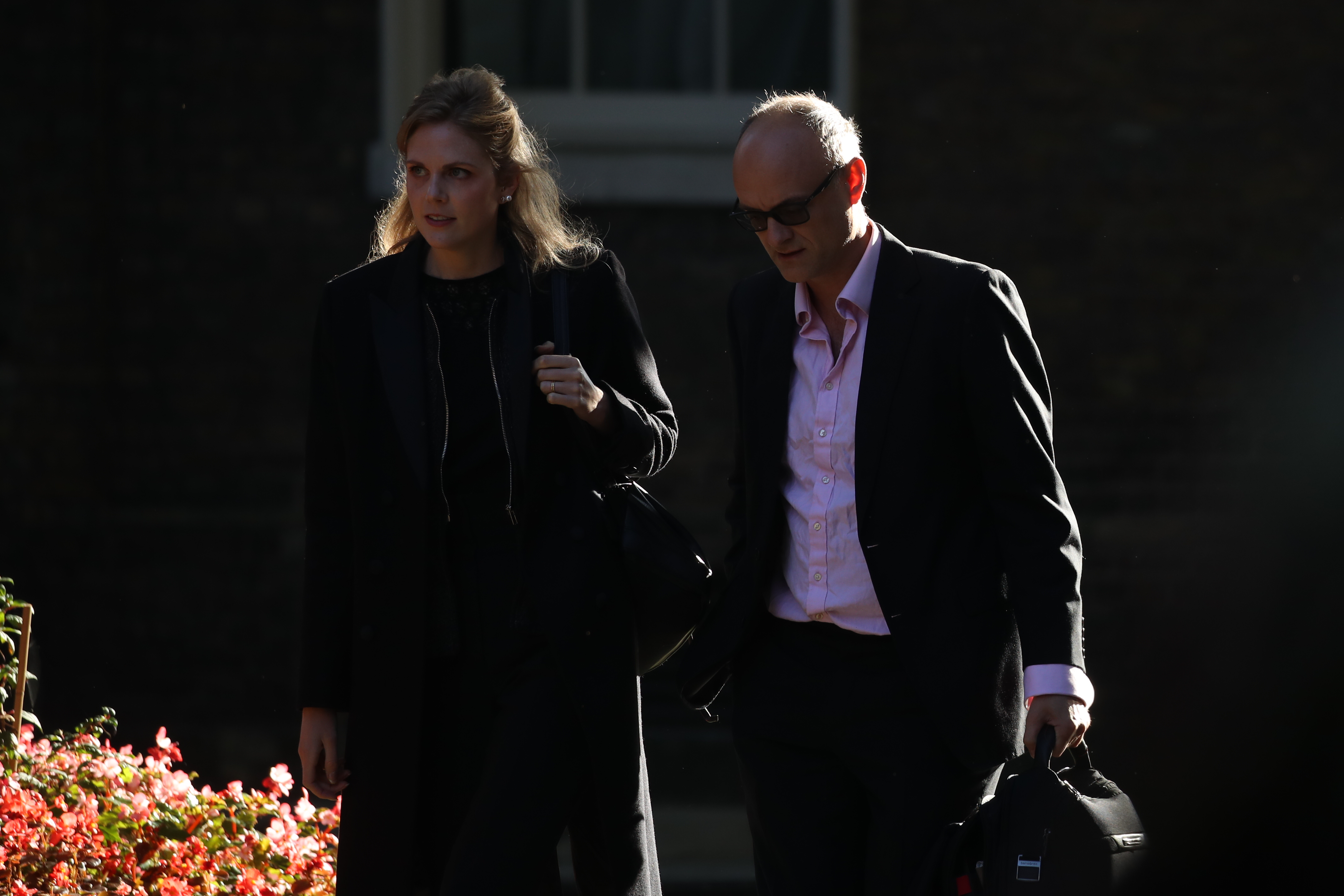
With or without EU?
With time ticking down on the transition period, Johnson also has to make the final decision over whether Britain leaves the EU without a deal on 31 December.
Writing in The Sunday Times last month, political editor Tim Shipman said that the thinking within the UK negotiating team is that unless the EU moves on state aid rules, Britain will be better off quitting the bloc without an agreement.
“In the world of Covid-19 bailouts, Cummings, in particular, regards freedom to intervene as even more crucial,” Shipman wrote. “Another example of the virus making no-deal more, not less, likely.”
Both Brussels and Downing Street are “pessimistic” about getting a deal through, The Times’ Maguire adds. But with YouGov polling suggesting that Remain would edge a second vote on membership, a no-deal outcome will need to be sold to the public.
Joe Evans is the world news editor at TheWeek.co.uk. He joined the team in 2019 and held roles including deputy news editor and acting news editor before moving into his current position in early 2021. He is a regular panellist on The Week Unwrapped podcast, discussing politics and foreign affairs.
Before joining The Week, he worked as a freelance journalist covering the UK and Ireland for German newspapers and magazines. A series of features on Brexit and the Irish border got him nominated for the Hostwriter Prize in 2019. Prior to settling down in London, he lived and worked in Cambodia, where he ran communications for a non-governmental organisation and worked as a journalist covering Southeast Asia. He has a master’s degree in journalism from City, University of London, and before that studied English Literature at the University of Manchester.
-
 6 of the world’s most accessible destinations
6 of the world’s most accessible destinationsThe Week Recommends Experience all of Berlin, Singapore and Sydney
-
 How the FCC’s ‘equal time’ rule works
How the FCC’s ‘equal time’ rule worksIn the Spotlight The law is at the heart of the Colbert-CBS conflict
-
 What is the endgame in the DHS shutdown?
What is the endgame in the DHS shutdown?Today’s Big Question Democrats want to rein in ICE’s immigration crackdown
-
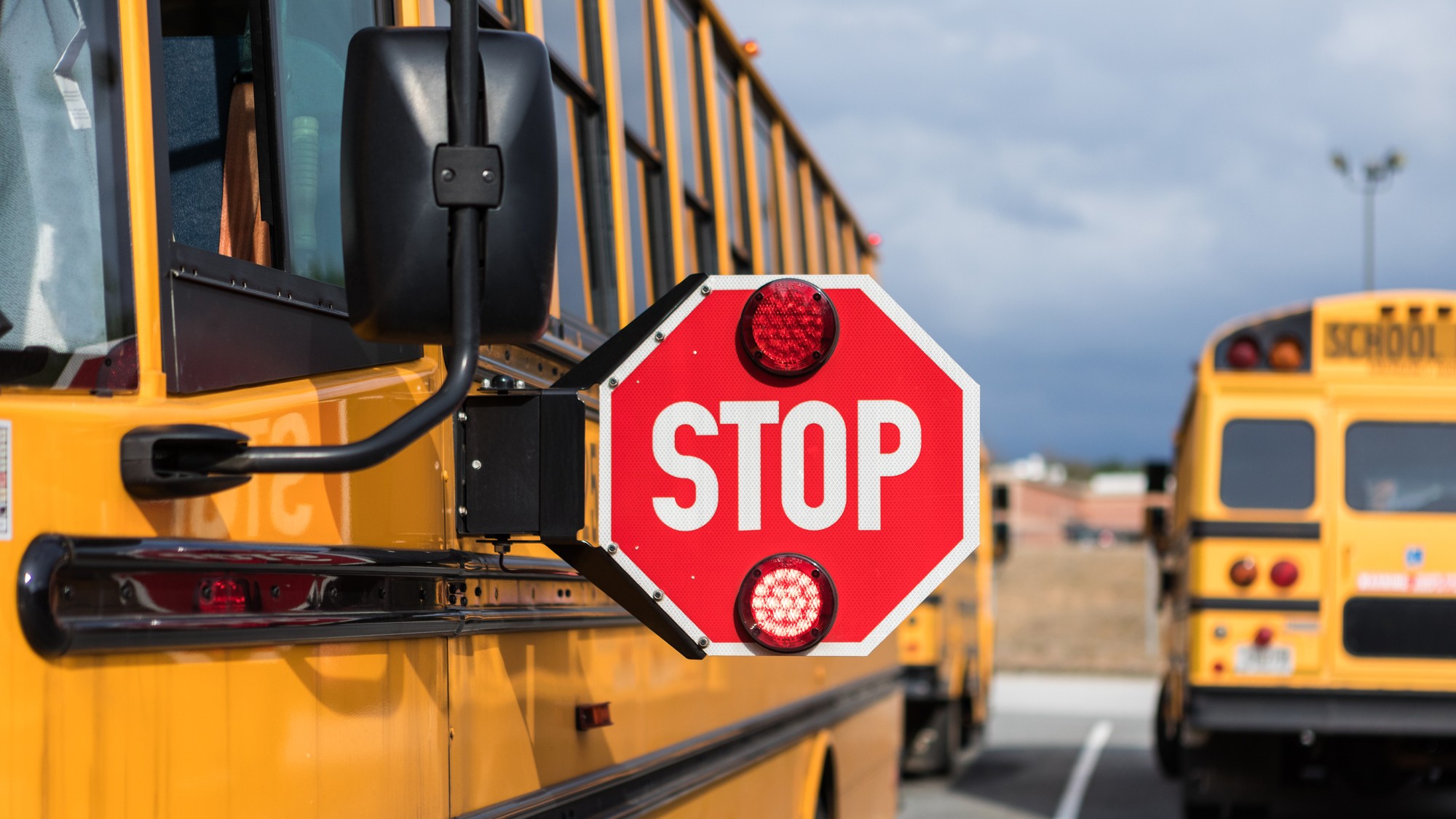 Schools are suffering from low attendance
Schools are suffering from low attendanceUnder the radar But students are suffering even more
-
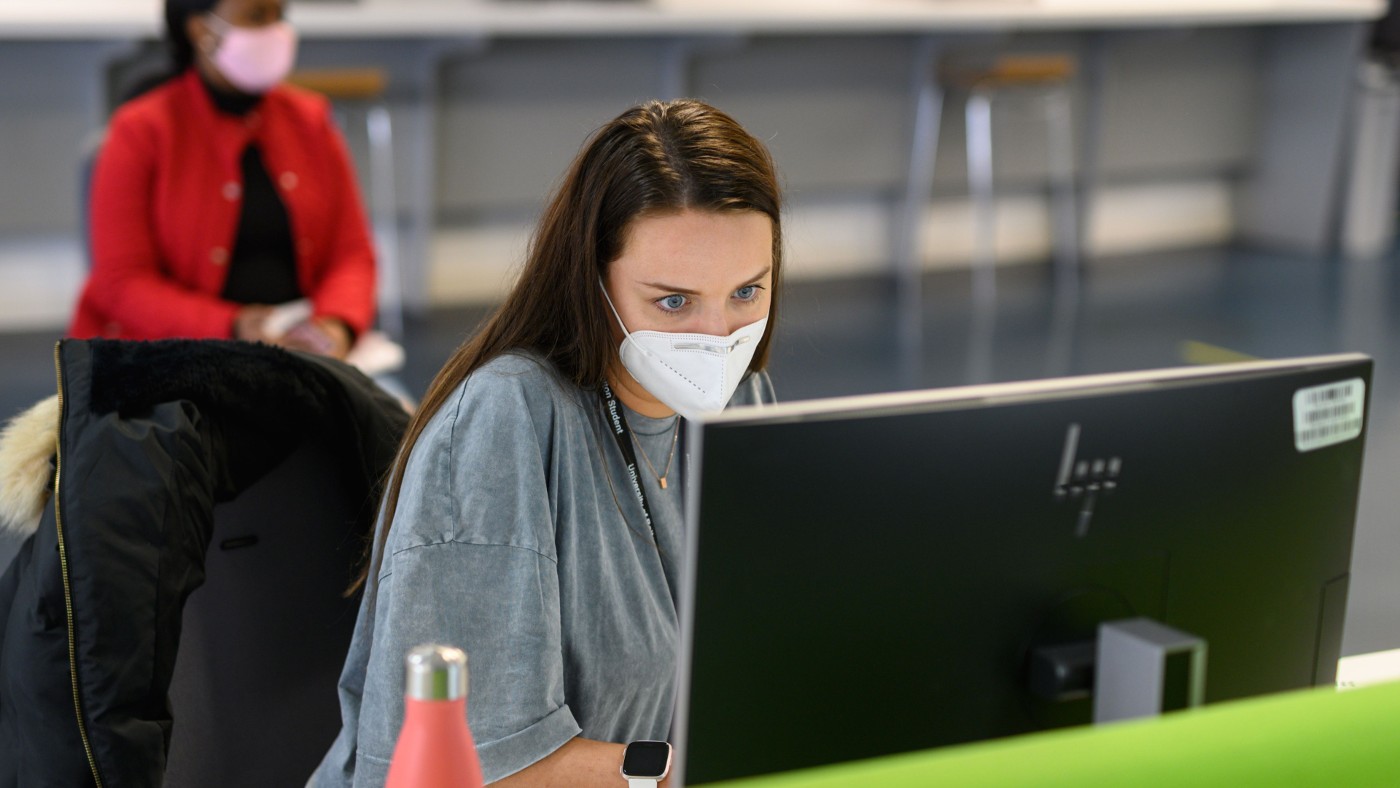 The UK students taking on universities over Covid disruption
The UK students taking on universities over Covid disruptionfeature Claimants say they received poor service and felt like ‘lowest form of life in food chain’
-
 How can US students recover from pandemic learning loss?
How can US students recover from pandemic learning loss?Today's Big Question Test scores in math and reading are still dropping
-
 Rishi Sunak and the importance of maths
Rishi Sunak and the importance of mathsTalking Point Prime minister wants mandatory maths lessons until the age of 18, but critics say the policy doesn’t add up
-
 Are Covid infections in schools holding back the national recovery?
Are Covid infections in schools holding back the national recovery?Today's Big Question Rising case numbers in children and people aged 65 and over could lead to more hospitalisations
-
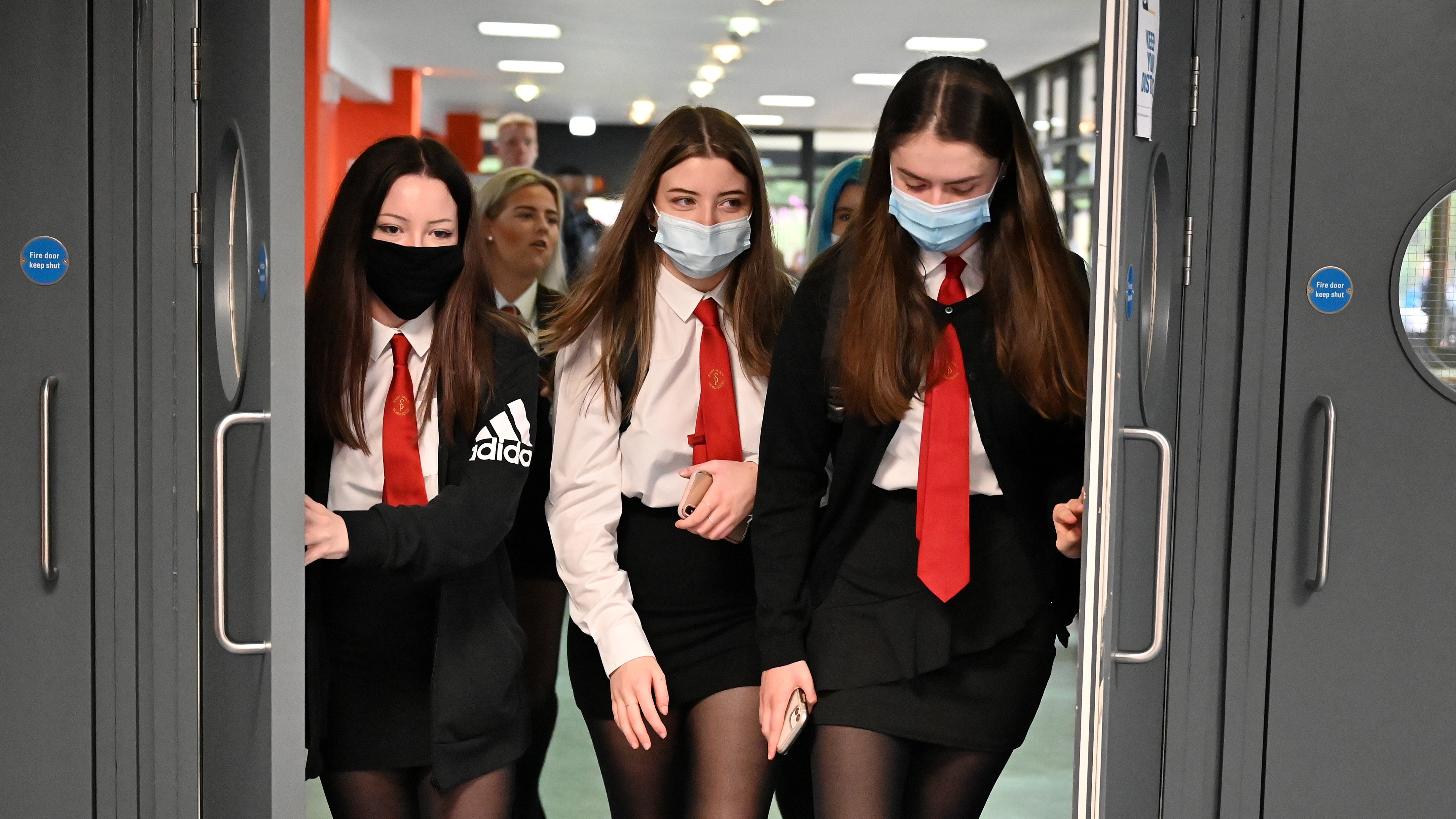 ‘Omicron tidal wave’: will schools be forced to close again?
‘Omicron tidal wave’: will schools be forced to close again?Under the Radar Staff and pupil absences already causing ‘chaos’, headteachers and unions warn
-
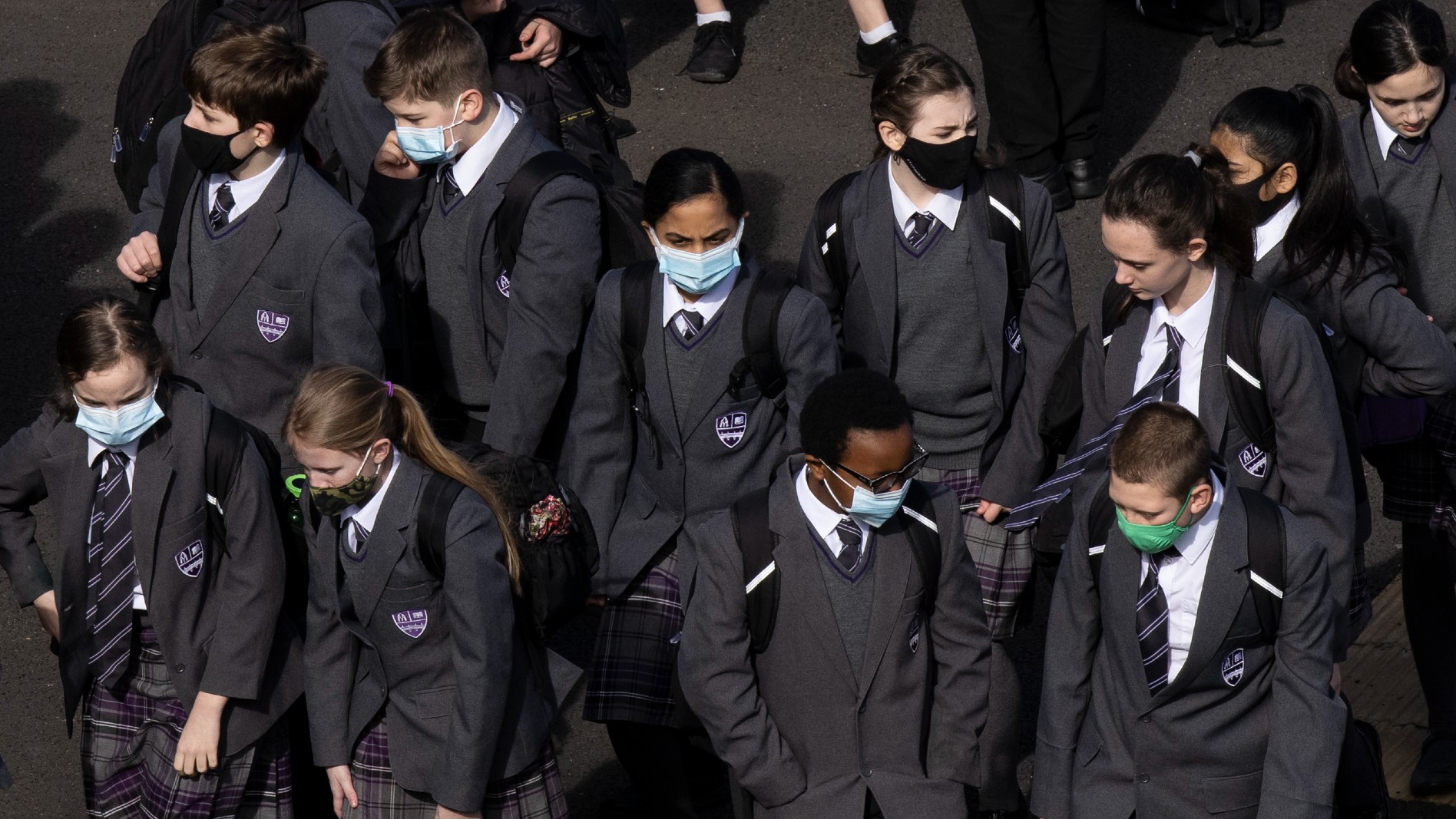 Why ministers are facing scrutiny over ‘haphazard’ teen vaccination campaign
Why ministers are facing scrutiny over ‘haphazard’ teen vaccination campaignIn Depth England’s Covid jab programme for 12 to 15-year-olds has fallen behind Scotland’s
-
 Schools did not become ‘hubs of infection’ during third Covid wave, says study
Schools did not become ‘hubs of infection’ during third Covid wave, says studyfeature Only 0.42% of secondary students tested positive in June